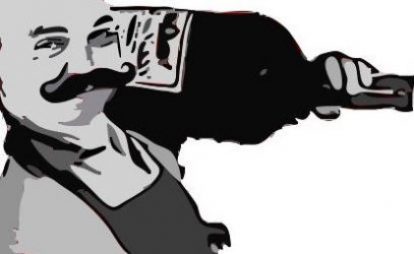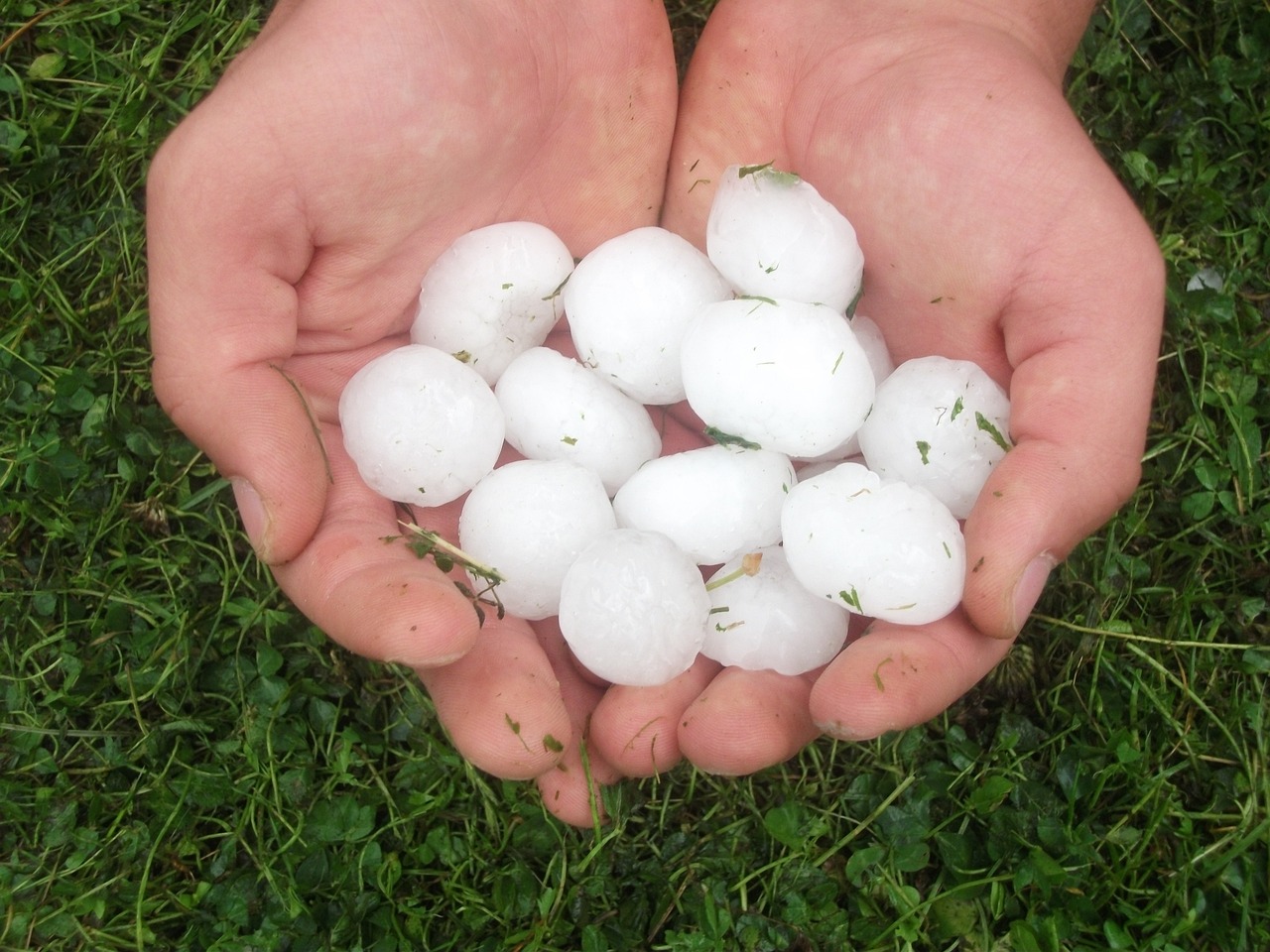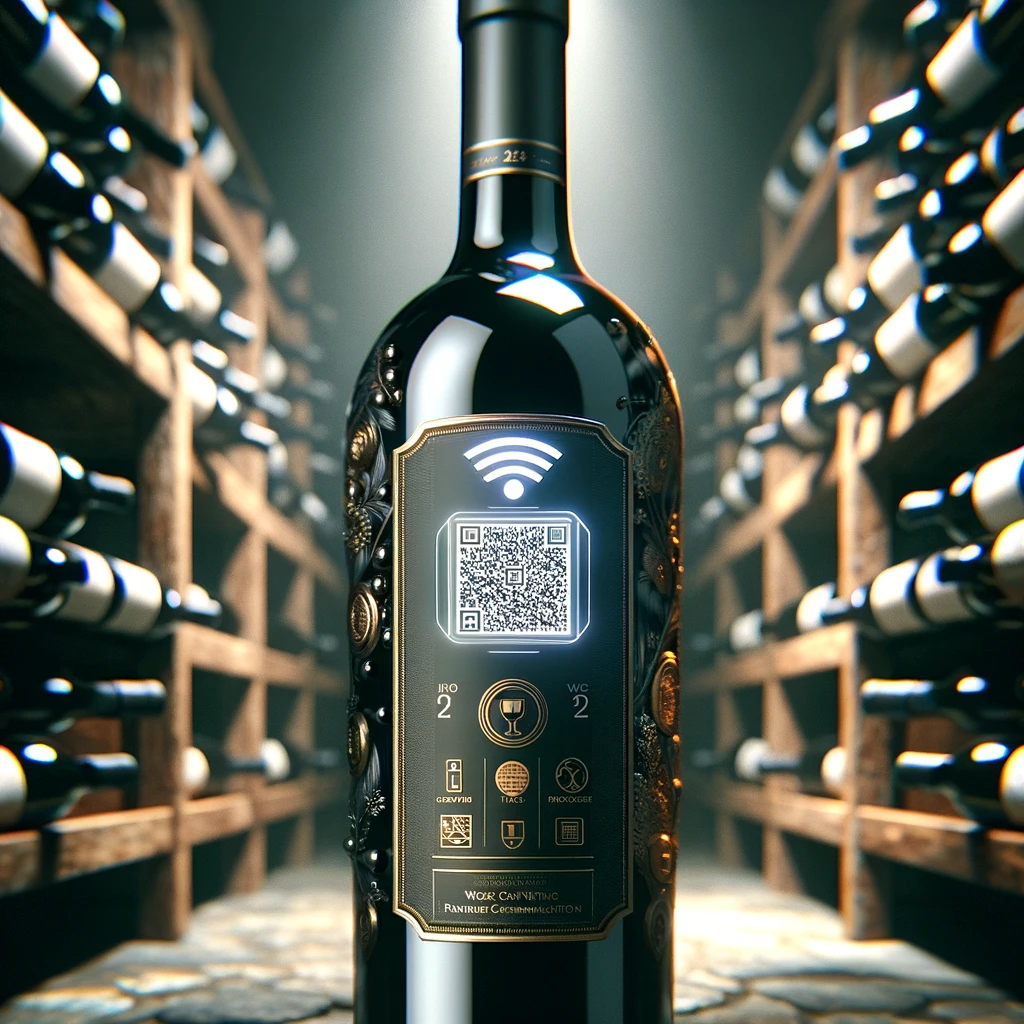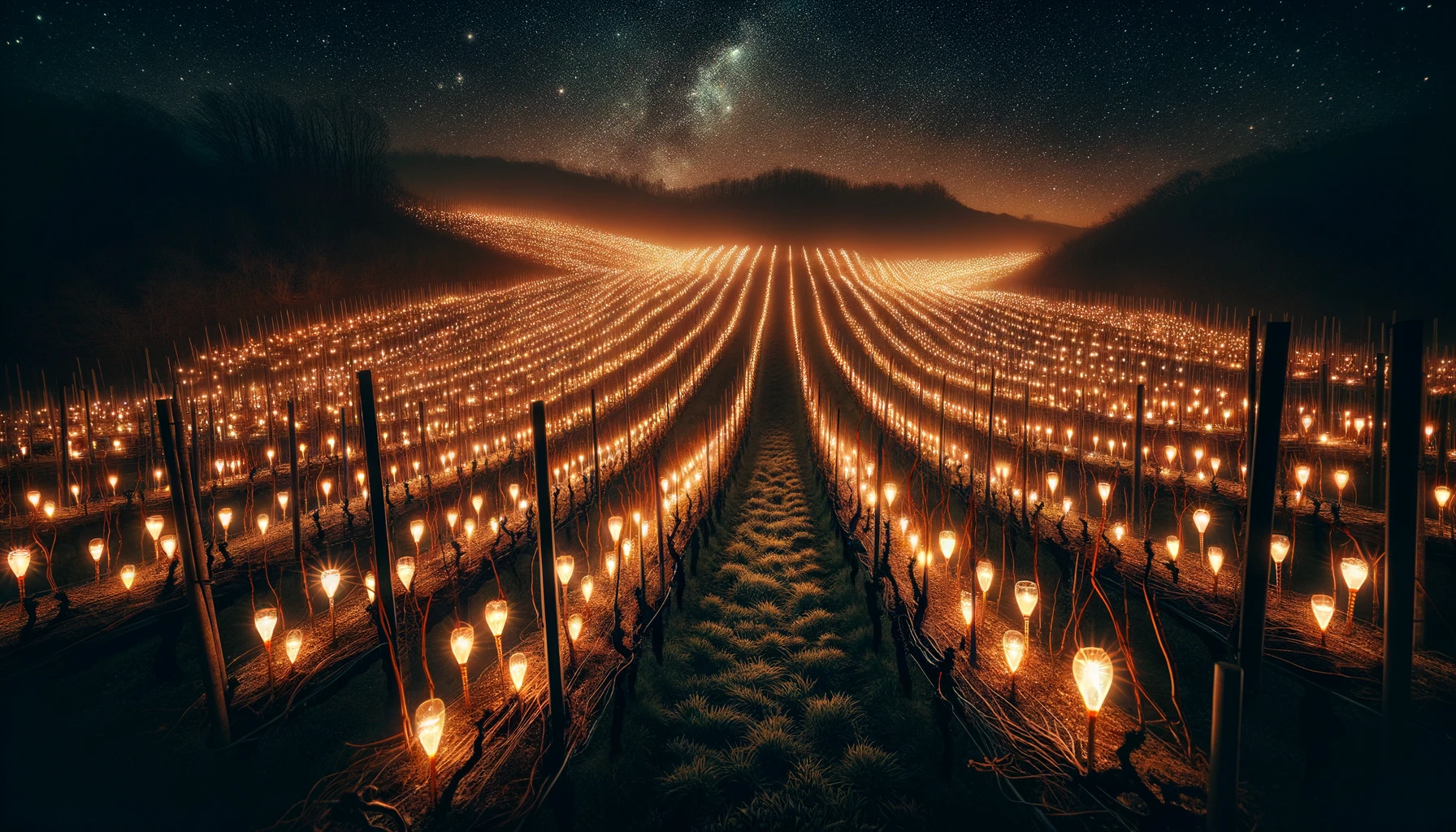Maybe it’s the summer slump and people recycle topics as old wine in new bottles, but in the past seven days there seemed to be a recurrence of articles on the impact of wine on the human body. Perhaps it’s all based on new scientific evidence and since it’s such a great subject, it takes centre stage in this week’s JollyCellarMaster Weekly:
What’s your poison, squire?
A Glass A Day Keeps The Doctor Away?
It’s a question that seems to be as old as wine making itself: is wine good or bad for your health? Plenty of articles have already been written about it and last week saw a healthy addition to the bunch, but one thing at a time: first, there is the infamous French paradox that referred to the observation that despite a rather rich diet in general tend to have relatively low cholesterol. This was apparently covered on an American TV program in the late 80s with the health advice that drinking red wine could be good for your health, which may in turn have led to an uptake in red wine consumption and in particular Merlot. Naturally, this argument has been examined countless times by scientists with arguments being made in both directions. The supporters were boosted by a new study determined that a higher intake of foods rich in flavonoids that can be also be found in red wine, has been linked to lower blood pressure. The analysis by Queen’s University in Belfast and Kiel University in Germany, however, stresses that moderation is key, with researchers finding that about three glasses of red wine per week was optimal.
The Italian newspaper Il Messaggero sings from the same sheet in an article that explains that not only does wine accompany special occasions, but especially in Italy still drunk during daily meals. The article then goes on that it is especially good for the over 60s, but I’d like to believe that it’s also beneficial on the other side of sixty.
Moving to the other side of the table, moderation is not only key but often a serious challenge. As a result, wine is no longer healthy but can cause serious damage, a phenomenon that can often be observed in people binge drinking. Swedish scientists have now discovered that the rise of binge drinking is more than just a societal shift – there’s actually a trigger in the brain that causes it within a small group of nerve cells in a small region of the brain.
Unrelated to this news, British Prime Minister Boris Johnson has announced that we will give up alcohol until Christmas. Apparently, a show of solidarity with his pregnant wife, though it shouldn’t be ruled out that it could help him to make better decisions. Sorry, low blow.
Back to serious news, a new study has revealed that the hangover after too much wine (or other alcoholic drinks) caused by inflammation rather than dehydration as commonly thought. The results of Iversen’s study into alcohol hangovers show that classic next-day symptoms, such as dizziness, headache, nausea and brain fog, can be prevented by disrupting the body’s inflammatory response with a new combination of drug molecules that is a combination of a non-steroid anti-inflammatory drug and an antihistamine. I’m keen to find out whether it actually works, though go already as far as to say that this is fantastic news, wouldn’t you agree?
From bad to worse
That’s all on wine and health, but there is more news, of course. When the week before last the French farm ministry announced that the wine production could drop by as much as 30% this year to its lowest level in decades, it hadn’t counted in additional damage. This came in the shape of wildfires in the south east of the country. The blaze broke out in the Var region, close to the French Riviera, and was spread by strong winds. Provence’s wine producers’ association, the CIVP, said it was unclear how much damage had been caused, and in-depth assessments were underway, but some are already talking about a likely increase in prices given the reduced supplies especially for in-demand rosé. Truly challenging times.
Life in a bubble
And because when we initially wondered whether there were actually news or just reconditioned stories, I didn’t refer only to the health benefits and risks of wine drinking. No, there appears to be another shortage of Champaign on the horizon. The Drinks Business reports that “strong demand for Champagne is likely to cause some shortages towards the end of the year, agents have warned, with consumers unlikely to see discounts in the shops at Christmas.“ The article explains in detail why there is such high demand and how it is matched with insufficient supplies, but what is almost as interesting is that these shortages seem to make the rounds in shorter or longer intervals as confirmed by a simple search. Fortunately, the region’s winegrowers introduced new rules in respect of additional vine-training system that allows for more space between vines. Not only does this potentially result in a lower number of vines per hectare, the possibility of the increased use of machinery in the vineyard could theoretically also grow production levels, which can only be a good thing given the demand for bubbles, right?
—
Well, that’s all for this week! However, if you have an interesting story to tell or simply want to chat about wine as a guest on the Podcast, connect on Twitter or drop me a line. And if you want to stay in the loop about things happening at the JollyCellarMaster and the world of wine, make sure you sign up to our newsletter.
—
Disclaimer: As always, I’d like to be completely transparent about affiliations, conflicts of interest, my expressed views and liability: Like anywhere else on this website, the views and opinions expressed are solely those of the original authors and other contributors. The material information contained on this website is for general information purposes only. I endeavor to keep this information correct and up-to-date, I do not accept any liability for any falls in accurate or incomplete information or damages arising from technical issues as well as damages arising from clicking on or relying on third-party links. I am not responsible for outside links and information is contained in this article nor does it contain any referrals or affiliations with any of the producers or companies mentioned. As I said, the opinions my own, no liability, just thought it would be important to make this clear. Thanks!




